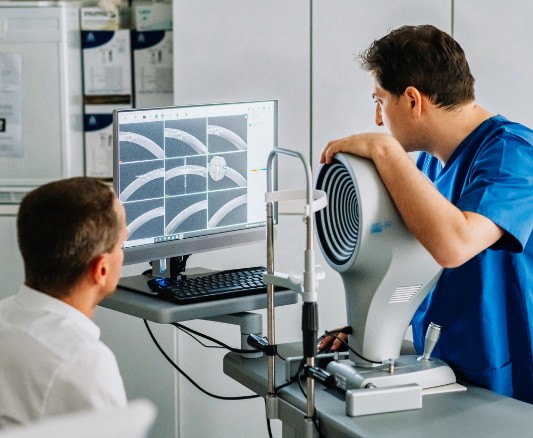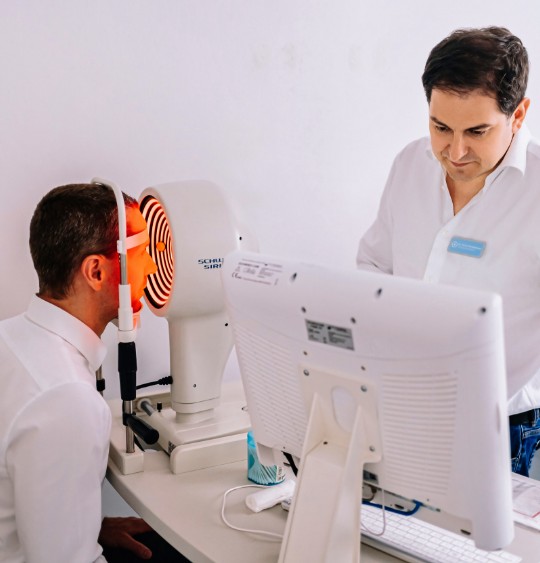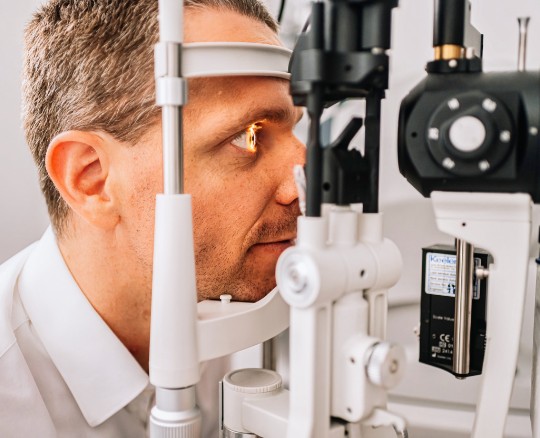The costs of laser eye surgery, lens implants, glasses or contact lenses are the same and can be deducted as medical expenses.
The current income tax guidelines state: “In the presence of an illness, visual aids, including laser treatments, are necessary to improve vision and are tax deductible.”
Those who undergo surgery have a visual impairment, which means that the costs associated with the operation are generally regarded as extraordinary expenses without a medical certificate confirming the necessity of the operation.
Laser eye surgery is tax-deductible.
In your annual tax return, enter the cost of eye surgery in the “Medical expenses” column.
Enter the total costs and note that there is a deductible of 6% to 12% of your annual income.
This percentage can be reduced by around 1% depending on your situation (single earner, single parent, etc.).
The tax office determines your deductible and the remaining treatment costs play a role in your tax deductibility.
If a specialized medical service was provided and you can provide a certificate to this effect, you may be entitled to a full deduction.
Further information on extraordinary expenses can be found in § 33 EStG at the Ministry of Finance.
If necessary, clarify the tax deductibility of operating costs with the relevant authorities.
Eyelaser is a renowned provider of laser eye treatments.
As a rule, the costs of the procedure cannot be deducted from income tax.
However, depending on the purpose of the procedure, it may be possible to claim the costs as medical expenses.
For example, if the surgery is necessary to correct a visual impairment that affects your ability to work, you may be able to deduct some or all of the associated costs.
It is important that you consult with your tax advisor and your doctor before making a decision about claiming this type of expense so that you are aware of the implications.
In some cases, insurance will cover some or all of the costs, which can help to reduce co-payments and make eye treatment more affordable for everyone.




